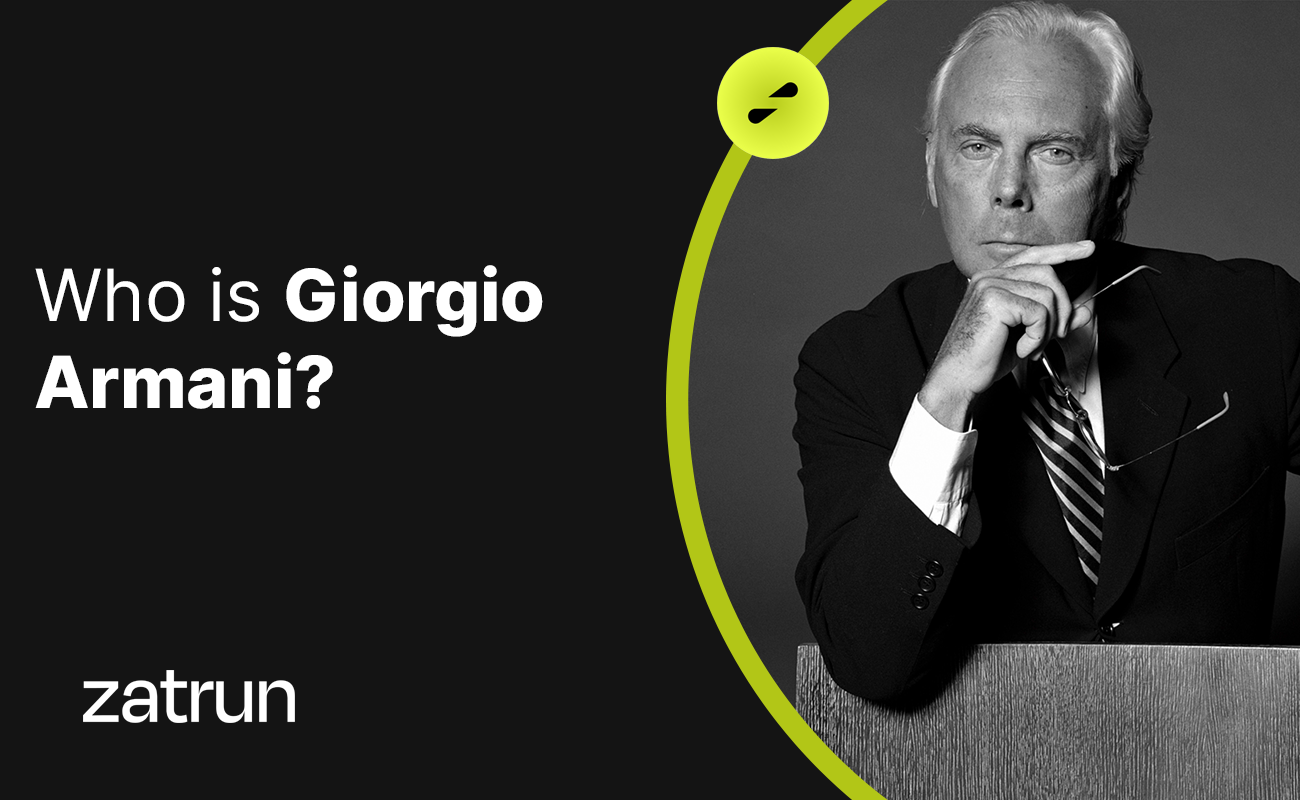Daron Acemoglu is an economics professor at the Massachusetts Institute of Technology (MIT) and has been an academic for over 28 years since 1993. His research is focused on economic development, growth, income and wage distribution, labour economics, economic theory, and human capital.
He has co-authored several books with James A. Robinson, including “Why Nations Fail: The Origins of Power, Prosperity, and Poverty” and “Economic Origins of Dictatorship and Democracy,” both of which have received numerous awards. According to the 2021 IDEAS/RePEc database, Acemoglu is one of the top 10 most cited economists in the world. In this article by Zatrun.com, we have compiled everything you need to know about him.
Who is Daron Acemoglu?
Daron Acemoglu was born in Istanbul, Turkey in 1967 and is of Armenian descent. He completed his primary education at Aramyan Uncuyan Armenian Elementary School and graduated from Galatasaray High School in 1986. He earned his bachelor’s degree in mathematical economics and econometrics from York University in 1989, and his master’s and doctoral degrees from the London School of Economics in 1990 and 1992, respectively. He taught at the London School of Economics from 1992 to 1993 before joining MIT.

During his early academic career at MIT, Daron Acemoglu’s article titled “Consumer Confidence and Rational Expectations: Are Agents’ Beliefs Consistent with the Theory?” was selected as the best article of 1996 by The Economic Journal. In 2005, he was awarded the John Bates Clark Medal, which is given every two years to an economist under 40 who has made the most significant contribution to the field. Acemoglu and Robinson’s book “Why Nations Fail: The Origins of Power, Prosperity, and Poverty” was published in 2012 and became a New York Times bestseller. The book argues that the main reason for international differences in prosperity is not geographical, historical, or cultural factors but rather the quality of economic and political institutions.
Daron Acemoglu’s work on growth and development theories has been recognized by several prestigious institutions. In 2013, he received the Turkish Presidential Culture and Arts Grand Award for his unique perspective on classic growth and development theories. He has also been awarded honorary doctorates from Utrecht, Bilkent, Bath, Boğaziçi, and Athens Universities, as well as École Normale Supérieure in Paris.
His Publications
Daron Acemoglu is a world-renowned economist who was awarded the Best Paper Award for his article “Consumer Confidence and Rational Expectations: Are Agents’ Beliefs Consistent With the Theory?” published in the early years of his academic career at MIT in 1996. He also received the John Bates Clark Medal in 2005. His book “Economic Origins of Dictatorship and Democracy,” co-authored with James A. Robinson, was published in 2006 and was awarded the Science Prize by the Turkish Academy of Sciences. Acemoglu and Robinson’s book “Why Nations Fail: Origins of Power, Poverty and Prosperity” also made it to the New York Times’ best-selling books list.

Acemoglu’s different perspective on classical growth and development theories earned him the 2013 T.C. Presidential Culture and Arts Grand Award. He was awarded honorary doctorates by Utrecht, Bilkent, Bath, Bogazici, and Athens universities, as well as the École Normale Supérieure in Paris. In 2019, he was named an Institute Professor by MIT and an Honorary Fellow by the British Academy in 2021. Acemoglu serves as an associate editor for the Review of Economics and Statistics and the Journal of Economic Growth and is a member of the Science Academy. He is married to Asuman Ozdaglar, who conducts research on game and optimization theory, and has two sons named Arda and Aras.
Daron Acemoglu and Criticisms
In a paper published after the 2008 global financial crisis, Daron Acemoglu emphasized that the crisis presented an opportunity to question economists’ assumptions and included himself in the group of data-driven economists who question these assumptions. In the article “Can Everyone Be Like Scandinavians?” co-authored with Robinson and Verdier, he argued that all countries should adopt societies based on a social safety net, welfare state, and greater focus on equality. However, he also noted that if the United States were to abandon its position as the “ruthless leader of capitalism,” economic growth would decline worldwide.

In a 2015 article published in The New York Times, Acemoglu opposed the idea of the United States adopting the Scandinavian model and said that “raising taxation to Scandinavian levels would reduce growth and welfare rewards.” The Scandinavian model emphasized reducing poverty, creating equal conditions, and high social mobility. However, Acemoglu’s argument was criticized by Lane Kenworthy, who argued that the relationship between inequality and innovation was non-existent for developed countries and that the United States’ economic growth had already occurred due to its ruthless and cute policies.












